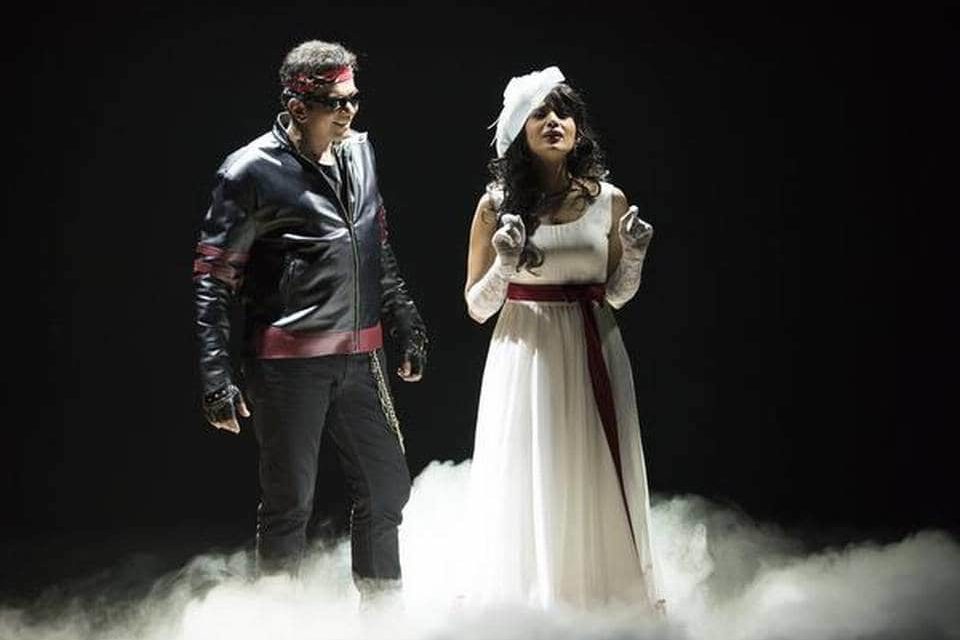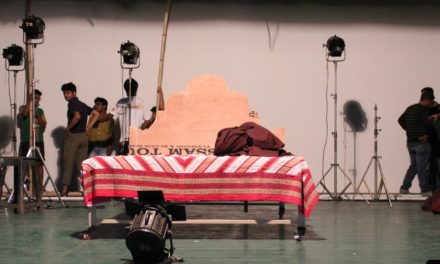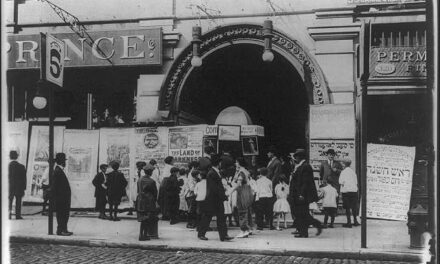Will digitizing the art form make it more millennial-friendly?
Streaming platforms like Netflix have, to a large part, quenched my thirst to watch obscure films through legal means. Theatre, however, is different. Whether it is Lin-Manuel Miranda’s record-breaking musical, Hamilton, or Shabana Azmi’s stellar one-woman performance in Girish Karnad’s Broken Images, I wait for plays to come to my city. Often, they do not.
Televised plays—from live recordings to more “staged” versions—have existed for decades, but what would it look like if they were as ubiquitous as a soap opera you could watch on your TV?
Earlier this month, content distribution platform Tata Sky announced its 24-hour, advertisement-free service that delivers televised enactments of Indian plays. Available to all subscribers on television and on Tata Sky’s mobile app (for ₹99 a month), Tata Sky Theatre was conceived in partnership with Zee Theatre. With over 100 plays in Hindi and English (and plans to expand to Gujarati and Marathi soon), the initiative was driven by consumer insights that revealed a market for digitized theatre, shares Pallavi Puri, Chief Commercial Officer, Tata Sky. For the folks at Zee Theatre, it was more of an instinct to preserve the art form by archiving and televising popular plays.
Behind the scenes
When I log in on the app, Mahesh Dattani’s murder mystery, The Big Fat City, is playing in Hindi, followed by a line-up of other two-hour plays. There is no stage in the purest theatrical sense, and viewers have access to angles commonly not allowed to a live audience. There are cut closes, trolley movements, top angles, close-ups and more. I feel like what I am watching is not vastly different to a sitcom.
Actor Virendra Saxena, who acts in Jana The Roshanpura, concedes that this is a challenge. The charm of theatre is that it is live, he says, but the platform takes the medium to millennial audiences, giving theatre lovers the chance to see some of the brightest stars from India’s (largely Mumbai’s) theatre circuit (like Jim Sarbh, Geetika Tyagi, and Shriya Pilgaonkar) without having to travel far.
Sonali Kulkarni, who produced and acted in White Lily And Night Rider, believes that a platform like this is the need of the hour.
“We pondered whether we were killing the play by shooting it,” she admits. “But to reach out to a larger audience, we must take up this opportunity.”
For a theatre purist, heading over to the NCPA or Prithvi Theatre might seem like a better bet. But if you like your plays with a side of popcorn and a few bathroom breaks, this might be a good option.
For more details, visit tatasky.com
This post was written by the author in their personal capacity.The opinions expressed in this article are the author’s own and do not reflect the view of The Theatre Times, their staff or collaborators.
This post was written by Sindhuri Nandhakumar.
The views expressed here belong to the author and do not necessarily reflect our views and opinions.


















